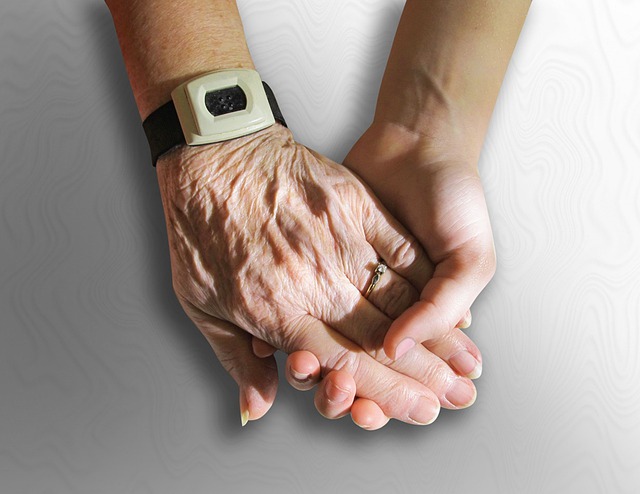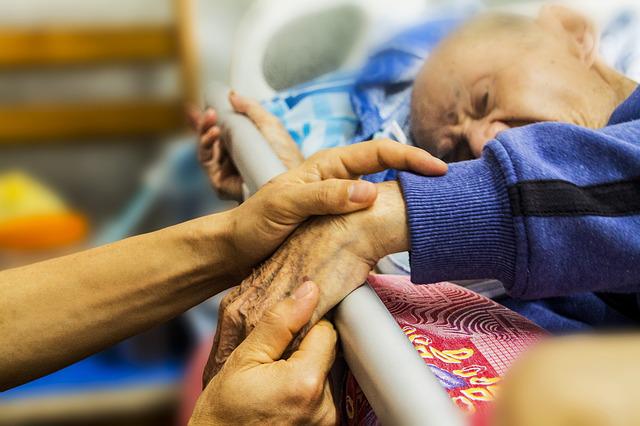
As your loved one nears the end of life, you want to help them cope with their illness. These are the needs that end-of life home care can help you meet. Talking to your loved one about their wishes can help them deal with the situation and give them perspective on death. It doesn't matter if the patient wishes to be part of these discussions. They will appreciate that you respect their wishes.
Comfort
Comfort for the end of life in homecare is one of its greatest advantages. Many people regret not being able say goodbye at the right time. Talking to loved ones about their lives can be a source of comfort. You may also find that hearing is one sense that will most likely shut down. This can make it easier to share the burden with loved ones.

Dignity
It is often thought of as an abstract concept and not grounded in reality. It may be universal and inherent, but it must be substantiated in care practices and situations to be a worthwhile consideration. It is important to remember several key points when trying to ensure dignity in home care. Let's look at some of these issues. These are the key themes that can help you achieve greater patient and family satisfaction.
Social support
Hospices take a holistic approach to caring and consider the social context. Social support refers to the benefits that a person gets from their relationships. Social support is for hospice patients what it means to be able to communicate with others and maintain self-esteem. It also includes participation in group activities. Yet, there is limited research on the effects of hospice social support. Mixed methods will be used to examine the effects of hospice social assistance on patients and their families.
Medicaid
New York's Medicaid longterm care programs are responsible for almost one-quarter Medicaid spending. They serve 247,000 beneficiaries each month. The report shows a complete picture of each program. It uses September 2007 as a snapshot. It outlines the main issues Medicaid faces when providing quality care. This article discusses some of the key issues to keep in mind when applying Medicaid for end-of life in-home care. This article discusses eligibility and the requirements of the program.

Care homes
In-home care is a great option for end-of-life care. In-home care allows the person to be in their own home, with access to their family and friends. Also, caregivers can provide more personalized and personal care than if they were in an institutional setting. Visitors nurses are available to provide comfort and assistance. Special equipment can also be provided to ensure that patients remain as comfortable as possible. Many end-of-life care services provide the assistance required to help patients with activities of daily living.